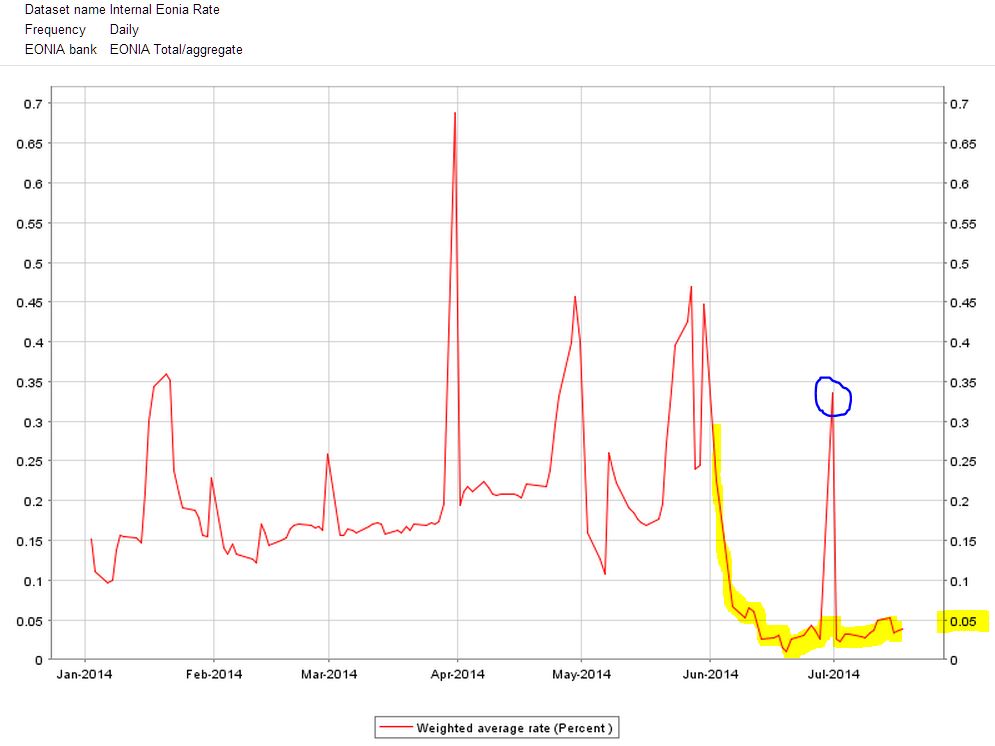The point of Draghi’s QE is not the amount. It is the principle.
It is not the much discussed size of the ECB operation. Rather, it is the fact that the ECB has become a buyer of government bonds issued in the countries that are members of the Eurozone.
This is the really big news in the Eurozone where, until last week, the ECB’s monetary operations did not include the possibility of trading in the government securities market in the same way the Fed, the Bank of England, or the Bank of Japan do.
